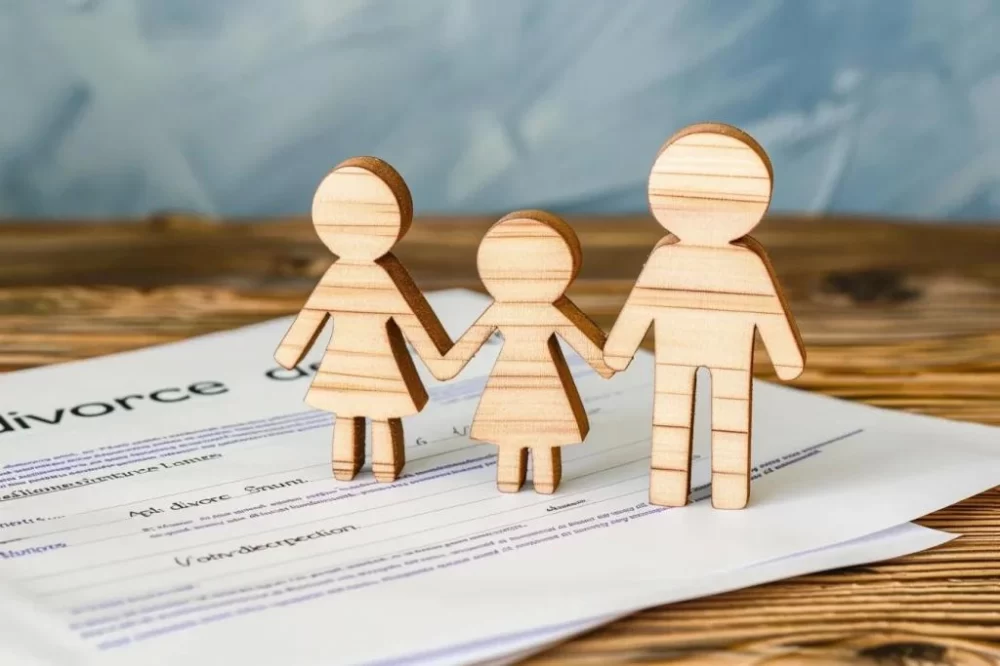- Legal-Processes-for-Filing-Adoption-Papers
- Detailed-Adoption-Paperwork-Requirements
- Step-by-Step-Adoption-Legal-Steps
- Real-Life-Case-Study-in-Adoption-Process
- Professional-Guidance-and-Trusted-Resources
Legal Processes for Filing Adoption Papers
The journey to adopt a child is both heartwarming and complex, requiring a clear understanding of the legal processes for filing adoption papers. This crucial phase ensures that all paperwork complies with the law, safeguarding the rights of both the child and the adoptive parents. Understanding these processes upfront can significantly reduce stress and confusion.
Filing adoption papers involves preparing a set of legal documents that formalize the transfer of parental rights from the biological parents (or guardians) to the adoptive parents. This typically includes petitions for adoption, consent forms, home study reports, and sometimes court orders, depending on jurisdiction. While the exact legal steps vary by state or country, there are common foundational elements that every adopter should expect.
At its core, these legal processes are designed to verify that the adoption is in the best interest of the child, ensuring a safe and stable family environment. Many prospective parents underestimate the complexity of these procedures, which is why engaging with experienced legal professionals can be invaluable.
Understanding the Importance of Proper Filing
Improper or incomplete filing can lead to delays or even rejection of an adoption petition. For example, missing signatures on consent forms or incomplete background checks can cause the court to request additional information, prolonging the adoption timeline. This underlines the importance of meticulous attention to every detail during the filing process.
Detailed Adoption Paperwork Requirements
Before filing, it is essential to gather and complete all necessary documents. These typically include:
- Petition for Adoption: A formal request submitted to the court to begin the adoption process.
- Consent Forms: Signed by biological parents or guardians, these forms relinquish parental rights legally.
- Home Study Report: Conducted by a licensed social worker, this report assesses the adoptive family's suitability.
- Background Checks: Criminal and child abuse clearances ensure a safe environment for the child.
- Medical Records and Financial Statements: Sometimes required to demonstrate the ability to care for the child.
Each document serves a specific purpose within the legal framework. For instance, the home study is not just paperwork; it includes interviews, home visits, and assessments designed to protect the child's welfare. Neglecting to properly prepare these documents often results in additional legal hurdles and unnecessary delays.
Filing Procedures Vary by Jurisdiction
Because adoption laws differ from state to state or country to country, it is vital to research local requirements carefully. Some areas require filings with specialized family courts, while others handle adoption through general civil courts. Additionally, some jurisdictions mandate a waiting period after filing before a final hearing, which allows for objections or further investigation.
Step-by-Step Adoption Legal Steps
Breaking down the legal processes for filing adoption papers into manageable steps can help prospective adoptive parents navigate the journey confidently.
1. Initial Inquiry and Eligibility Assessment
The first step usually involves confirming your eligibility to adopt under local laws. This can include age requirements, residency status, and financial capability. Consulting with a legal professional or an adoption agency can clarify these criteria early on.
2. Completing Required Training and Home Study
Many jurisdictions require prospective parents to undergo training and home studies. These steps assess your readiness and suitability to provide a nurturing home.
3. Preparing and Filing the Adoption Petition
This step involves gathering all necessary paperwork and submitting the adoption petition to the court. It is critical to ensure that all documents are accurate and complete to avoid delays.
4. Court Hearings and Finalization
After filing, courts will schedule hearings to review the case. During these hearings, judges evaluate the evidence and the home study to ensure the adoption is in the child's best interest. Once satisfied, the court issues a final adoption decree, legally confirming the parent-child relationship.
Real-Life Case Study in Adoption Process
Consider the story of the Martinez family, who recently finalized their adoption after navigating complex legal requirements. Initially overwhelmed by the volume of paperwork and legal jargon, they turned to Fred Miller Lawyer for expert assistance. With professional guidance, they understood each step clearly—from filing petitions to preparing for court hearings.
During their home study, the Martinez family encountered some delays due to incomplete financial disclosures, a common stumbling block for many adopters. Their lawyer helped them compile the necessary documents quickly, ensuring the process moved forward. Eventually, their case was approved, and the judge finalized the adoption, providing the family with a joyous new beginning.
This example highlights how professional legal support can turn an intimidating process into a manageable and even uplifting experience.
Professional Guidance and Trusted Resources
Adoption is a deeply personal journey that involves not just paperwork but also emotional and legal complexities. To navigate the legal processes for filing adoption papers effectively, professional legal counsel is often indispensable. Services like those offered by Fred Miller Lawyer provide tailored support, ensuring all paperwork complies with the law and addressing any complications promptly.
By consulting experienced adoption lawyers, prospective parents can gain peace of mind knowing their case is handled with expertise and care. This support is particularly valuable when dealing with contested adoptions, international adoptions, or complex family dynamics.
Ultimately, understanding and properly following the legal steps in filing adoption papers creates a foundation for a secure and loving family relationship that lasts a lifetime.


 150 n radnor chester road
150 n radnor chester road kasmer law office
kasmer law office shemtob law
shemtob law blake harris law reviews
blake harris law reviews sari law firm
sari law firm laub & laub attorneys
laub & laub attorneys